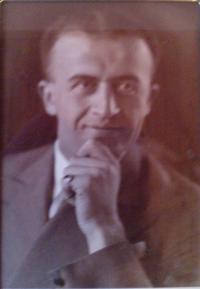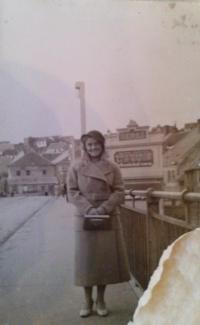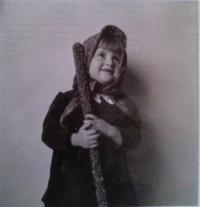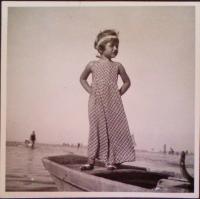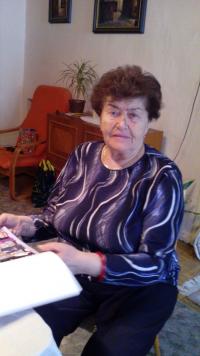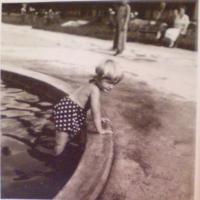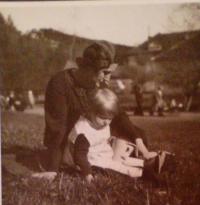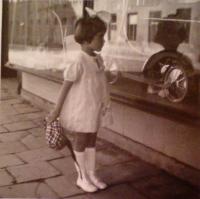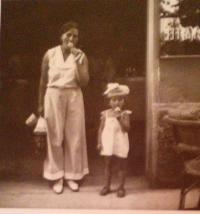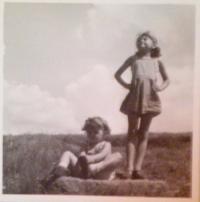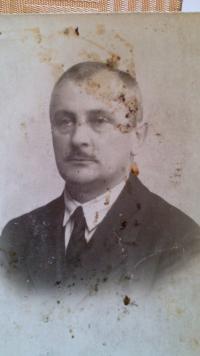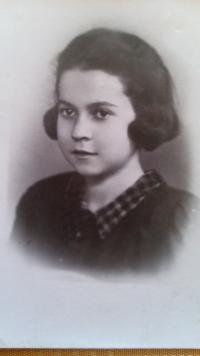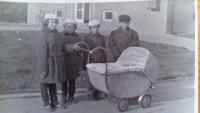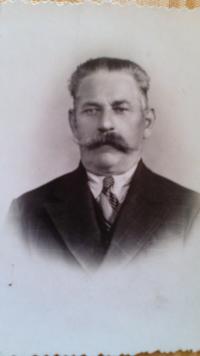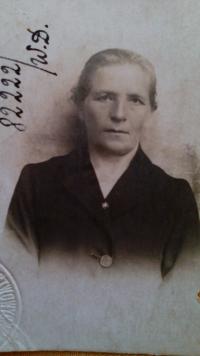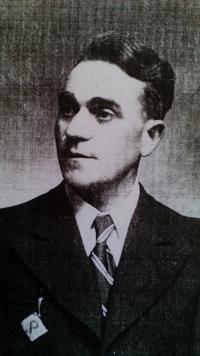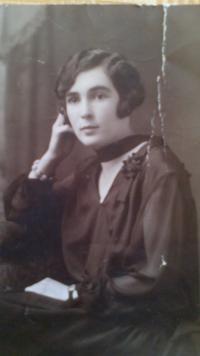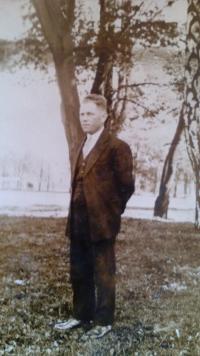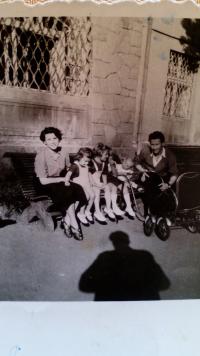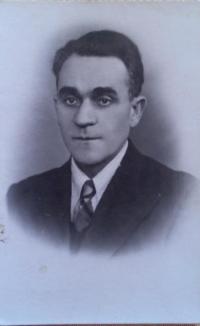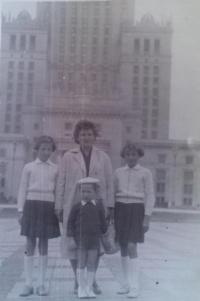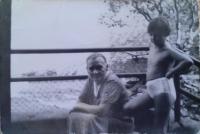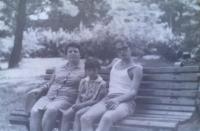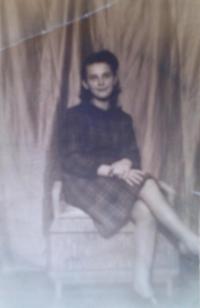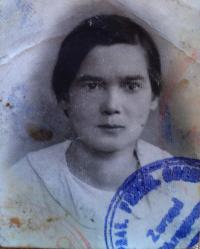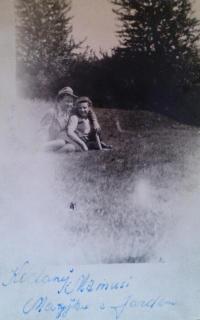Nothing moves me anymore
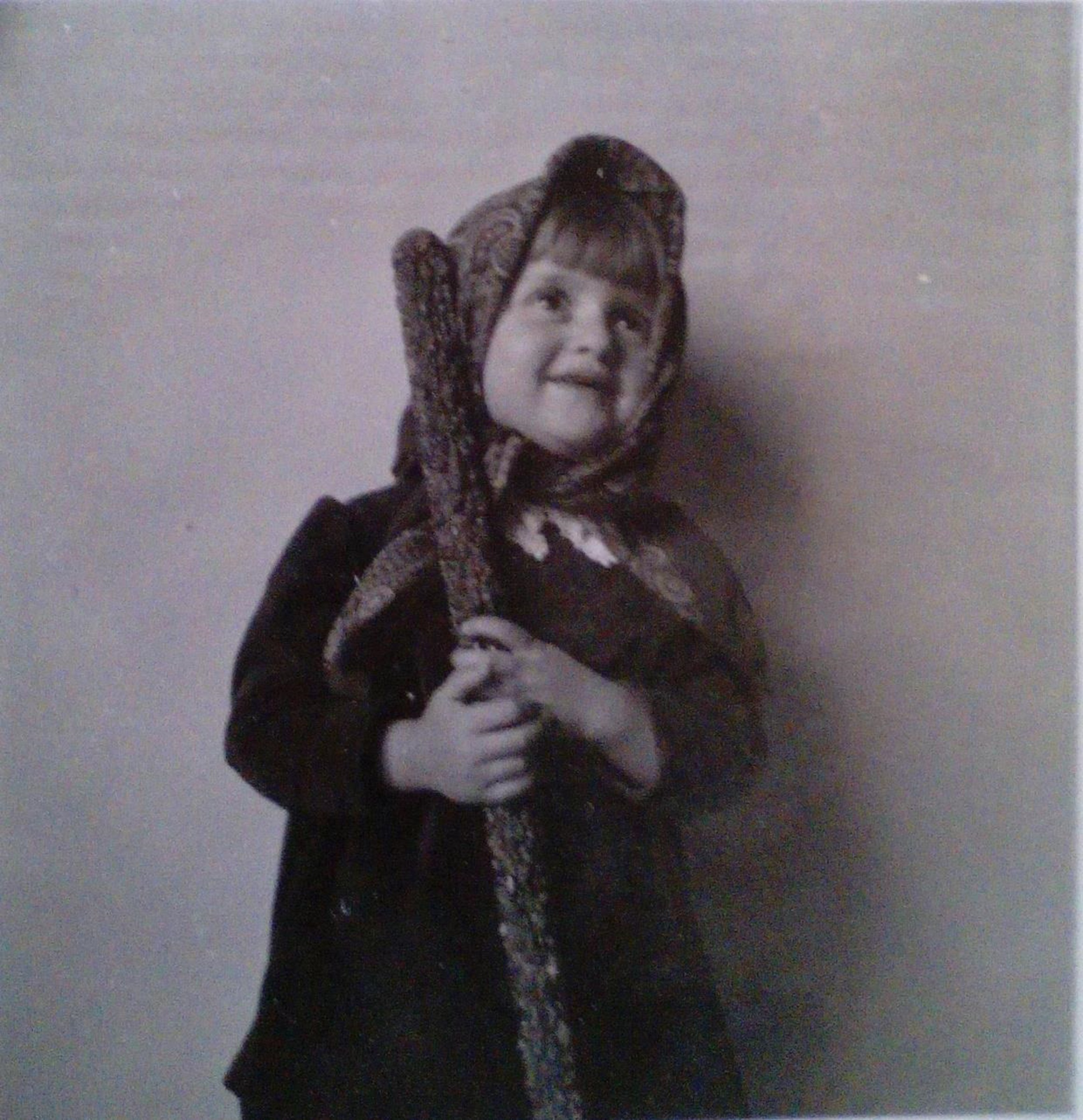
Download image
Susana Urbanová, née Benešová, was born on October 6, 1933 in Třebíč in a mixed family as the older of two daughters. Her father, Arnošt Beneš, was Jewish, her mother, Ingeborg, originated in a German family in brno. Susana began to attend school in 1939 and after she had completed first grade, she was dismissed from school on racial grounds (for being a mixed breed). Her father was deported to Auschwitz where he died on March 5, 1943. Most of her father’s side family perished in Theresienstadt or in Nazi extermination camps. The only one to survive was her uncle Julius Pächter, who fled to England before the outbreak of the war. After the liberation, her mother married for a second time to Slovakia and renounced both her daughters, Susana and the younger Hana. Susana was adopted by the childless spouses Smržovi from Třebíč. The younger Hana was adopted by her uncle Julius, who took her to London. Susana Urbanová grew up in the Smržovi family and completed an apprenticeship for a seamstress. She later married and gave birth to two children. She only saw her sister Hana again in 1966 during a brief trip to England. After 1989, she regained her family property, a house in Třebíč, where she still lives today. Susana Urbanová is one of the last surviving witnesses of the ghetto in Třebíč. Since 2013, her father is commemorated by a memorial stone, the so-called Stolperstein in Třebíč.
